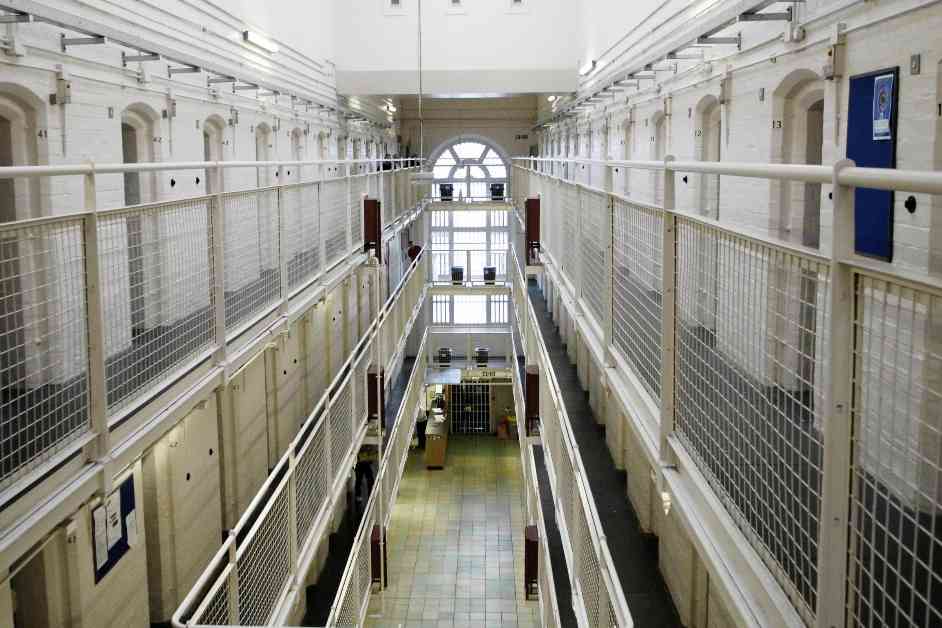Emergency Legislation Passes at Holyrood to Release Short-Term Prisoners Early
A new bill has been passed by MSPs in Scotland that will result in the early release of a significant number of short-term prisoners. The Prisoners (Early Release) (Scotland) Bill has been approved, which will reduce the automatic release point for short-term prisoners serving less than four years to 40% of their sentence, down from 50%.
This emergency legislation was introduced to alleviate the strain on Scotland’s overcrowded prison system. The bill aims to release between 260 and 390 prisoners, providing some relief for the prison service. However, it is important to note that individuals convicted of sexual or domestic violence offenses will not be eligible for early release under this new law.
The bill was passed with a vote of 67 to 54 at stage three, with MSPs deciding to fast-track it as emergency legislation. This decision allowed the second and third stages of the bill to be passed in a single day.
The current prison population in Scotland stands at 8277, surpassing the operational capacity of 8007. Despite efforts from opposition parties to include amendments that would give prison governors a say in the release process and enforce community payback orders, these proposals were not included in the final bill.
Furthermore, the Scottish Government introduced amendments to ensure that the legislation applies to prisoners transferred to Scotland and to mandate the publication of a report on the bill’s effectiveness. Additionally, the bill grants ministers the power to adjust the early release point in the future through regulations, subject to approval by the Holyrood parliament.
Justice Secretary Angela Constance emphasized that the immediate impact of these changes would be felt in February, with the early releases taking place over three phases within a six-week period. While the bill aims to alleviate immediate pressures on the prison system, Constance acknowledged that more comprehensive strategies are needed to address the root causes of Scotland’s high incarceration rates.
Critics of the bill, such as Scottish Tory justice spokesman Liam Kerr, argue that it may compromise public safety, fail to address rehabilitation and reintegration, and place additional burdens on councils and justice organizations. Kerr criticized the lack of a “sunset clause” in the bill, which would have provided a timeline for the provisions to expire.
Despite concerns raised by opposition parties, supporters of the bill, like Green MSP Maggie Chapman, believe that reducing prisoner numbers will create opportunities for staff in jails to focus on rehabilitation and reduce reoffending rates. Chapman stressed the importance of providing resources and space for staff to effectively work with offenders.
While the passage of this bill marks a significant change in Scotland’s criminal justice system, debates continue on the long-term implications and the need for comprehensive solutions to address the underlying issues contributing to high incarceration rates.












